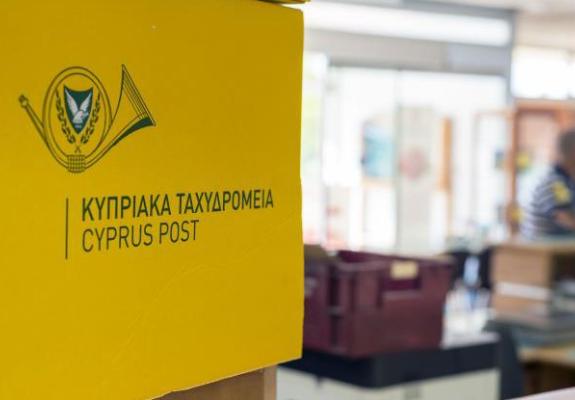INEK Report: Wage Inequality and Economic Challenges in Cyprus
Temporary Contracts and Income Redistribution Undermine Job Security and Worker Prosperity
The 21st Annual Report on Economy and Employment by the Cyprus Institute of Labour (INEK-PEO) reveals significant income redistribution at the expense of salaried workers. The report was presented on Tuesday morning at the ETKA/PEO hall in Nicosia, with PEO Secretary-General Sotiroula Charalambous urging the government to take responsibility for addressing the challenges faced by salaried employees.
Charalambous emphasized that one in four salaried workers in Cyprus is low-paid, warning of a "trap of insecurity" without intervention from trade unions and state policies.
According to the report, presented by INEK-PEO Scientific Associate Ilias Ioakeimoglou, "following the health crisis and until spring 2022, there was a significant redistribution of income away from salaried labor. This trend was partially reversed during 2023–2024."
The report also highlights a slowdown in labor productivity growth between 2022 and 2024, calling it a negative development that contrasts sharply with the substantial increases recorded between Q1 2021 and Q1 2022. These earlier gains, largely a transitional effect of emerging from the pandemic, have nonetheless elevated productivity levels for subsequent years.

The report underlines that corporate profitability has exceeded pre-pandemic levels. This is demonstrated by changes in (a) average profit margins, (b) the purchasing power of total capital income (profits, interest, and rents before taxes and depreciation), (c) capital's share of GDP, and (d) the return on fixed capital as a percentage of productive fixed capital.
INEK-PEO also notes that insufficient investment in productive capital has left the economy in a state of overheating. Current production exceeds potential GDP, risking macroeconomic imbalances, fueling inflationary pressures, and sustaining large external balance deficits. This occurs even as the economy grows at relatively modest rates, thereby demanding comparatively lower levels of imports.
The report highlights the precarious nature of temporary employment in Cyprus, stating that fixed-term contracts expose workers to:
-
A heightened risk of poverty,
-
Greater poverty risks compared to the EU average, and
-
Exponentially higher poverty risks compared to those employed under permanent contracts in Cyprus.
Finally, the report concludes that precarious employment acts as a "trap of insecurity" from which workers can only escape with the support of state labor policies or trade union interventions.






